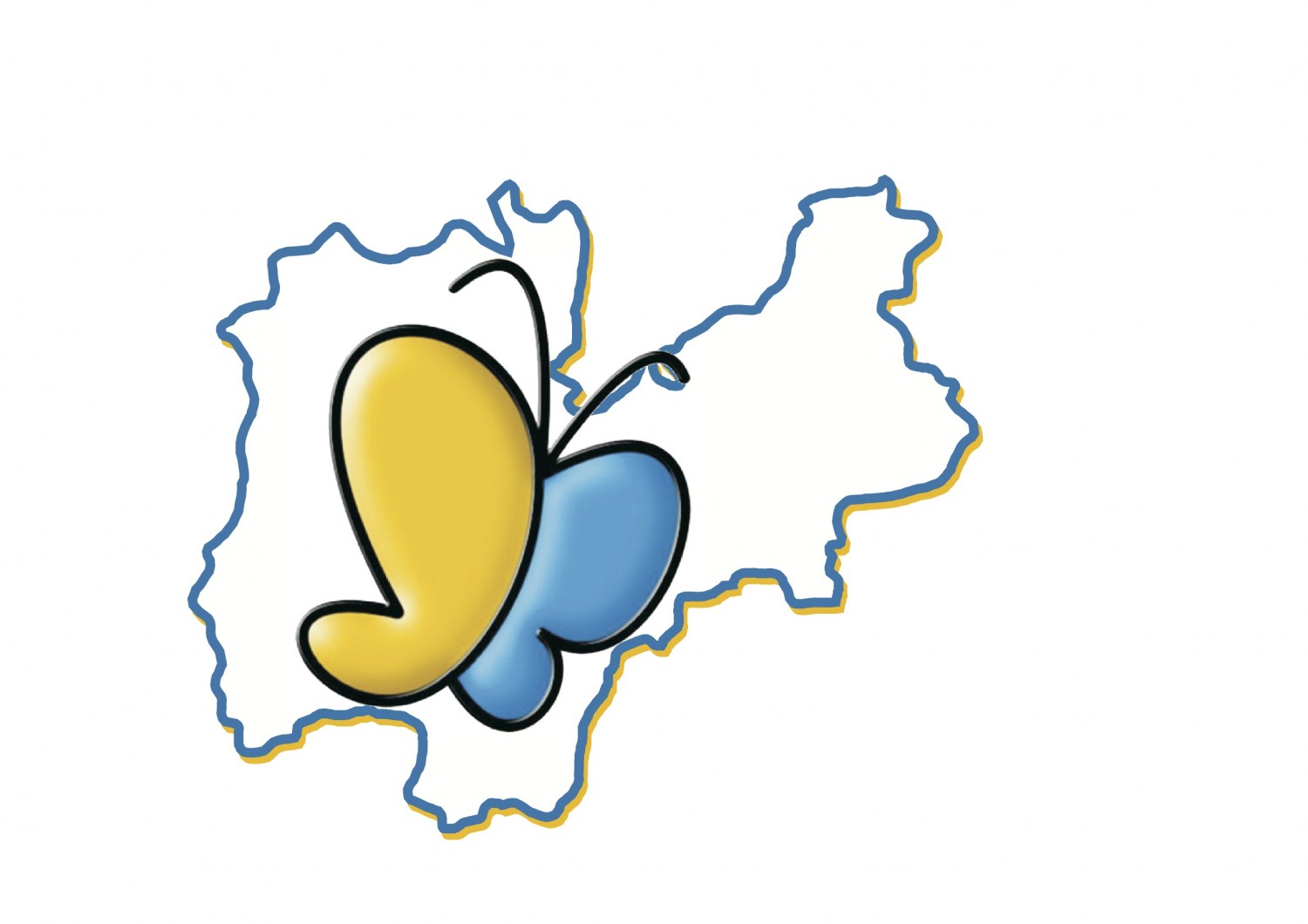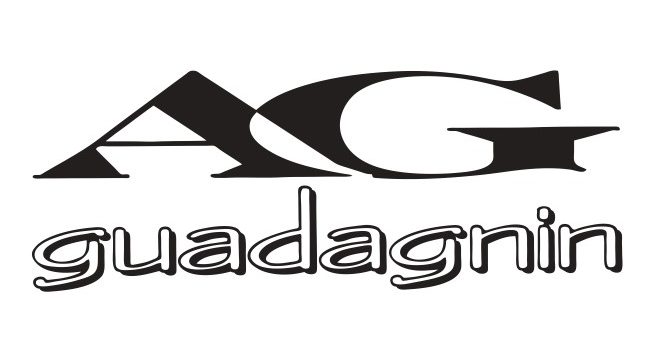The research group continues its studies on the use of bacteriophages in phage therapy to fight bacterial infections as an alternative to antibiotic treatments, after previous funding (FFC#23/2019, FFC#22/2017, FFC#16/2016).
Phage therapy has gained increasing interest in recent years due to the spread of multidrug-resistant bacterial infections (MDRs). Phage therapy applied in agriculture and veterinary medicine has proved effective, and in Eastern European countries it is also commonly used for the treatment of bacterial infections in humans as well.
In recent decades, some clinical trials and compassionate treatments have also been conducted in humans in the Western world, which have shown that phage therapy could be introduced into standard therapeutic protocols. However, there are still numerous issues regarding the use of phages in human therapeutic treatments.
The research team developed a four-phage cocktail (CK4) capable of treating Pseudomonas aeruginosa infections in a zebrafish (zebrafish) model of cystic fibrosis. The team also demonstrated that phages generate anti-inflammatory action in both zebrafish and human cells with the F508del CFTR mutation.
This project aims to analyze some unclear points regarding phage therapy, such as the localization of phages when injected into experimental models, which phage proteins activate the anti-inflammatory cascade in experimental models and why phages cause modulation of the host immune system.
CHI HA ADOTTATO IL PROGETTO

€ 59.400

€ 87.750
Antonio Guadagnin & Figlio Srl

€ 8.000
